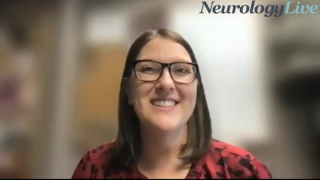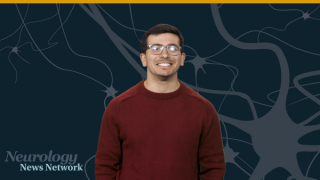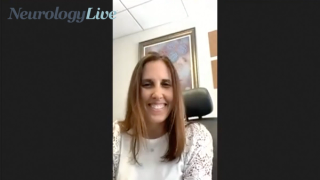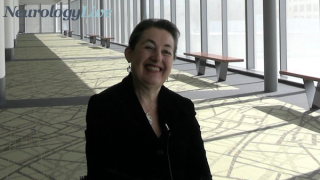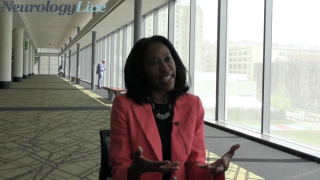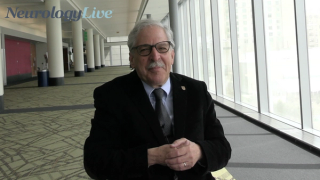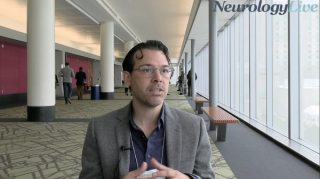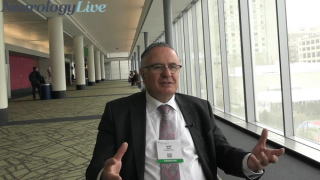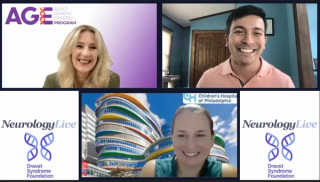
Epilepsy
Latest News
Latest Videos
CME Content
More News
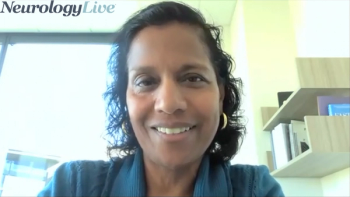
The chief medical officer of Acadia Pharmaceuticals provided commentary on a caregiver analysis assessing beneficial experiences with trofinetide in patients with Rett syndrome. [WATCH TIME: 4 minutes]
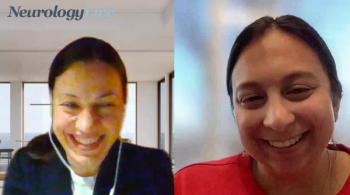
The European evidence generation strategy lead for epilepsy and rare syndromes at UCB Pharma talked about positive results from observational studies assessing the impact of brivaracetam among patients with focal seizures, which was presented at AES 2023. [WATCH TIME: 5 minutes]

The senior vice president, global head of medical affairs, and chief medical officer at Acadia Pharmaceutical, gave an overview of LILAC-2, a long-term extension study assessing trofinetide (Daybue), the first approved therapy for Rett syndrome.

Elizabeth M. Cassidy, MPH, research project manager at the TSC Alliance, provided clarity on a presentation at AES 2023 examining the association between TSC-associated neuropsychiatric disorders and seizure duration.

Here's some of what is coming soon to NeurologyLive® this week.

The clinical professor of neurology at Stanford University School of Medicine talked about the collaboration of Rapport leveraging NeuroPace’s data analysis capabilities to study the target delivery of a therapy for focal epilepsy. [WATCH TIME: 5 minutes]

Test your neurology knowledge with NeurologyLive®'s weekly quiz series, featuring questions on a variety of clinical and historical neurology topics. This week's topic is ataxia.
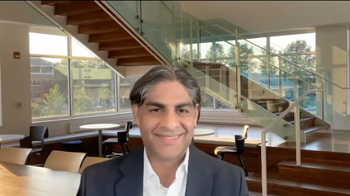
The chief medical officer at Biohaven provided context on how BHV-7000 may be used with other antiseizure medications as well as what changes in spectral power tell about the agent. [WATCH TIME: 4 minutes]

Take 5 minutes to catch up on NeurologyLive®'s highlights from the week ending December 15, 2023.

The senior vice president, global head of medical affairs, and chief medical officer at Acadia Pharmaceutical, provided an overview of LILAC-2, a long-term, open-label study assessing the treatment benefits of trofinetide (Daybue). [WATCH TIME: 6 minutes]
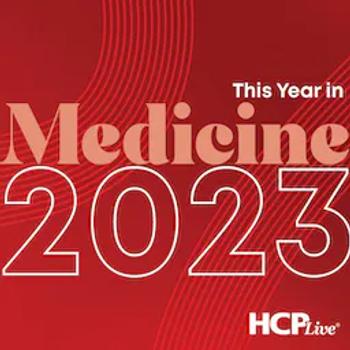
In recent conversations with experts in epilepsy, the impact of stigmatization remains high for patients and ongoing efforts by clinicians to address this issue in the clinical setting has been underscored, despite the global lack of awareness about new treatments and other resources.

The chief medical officer of Biohaven discussed early-stage data supporting the efficacy and safety of BHV-7000, a selective Kv7.2/7.3 potassium channel activator in development for patients with epilepsy.

Also known as ATH-1017, fosgonimeton demonstrated a safe profile, with directional improvements in cognitive, functional, and biomarker assessments.

The chief medical officer at Biohaven provided clinical insight on the mechanism of action of BHV-7000, an antiseizure medication, and its supportive phase 1 data. [WATCH TIME: 4 minutes]
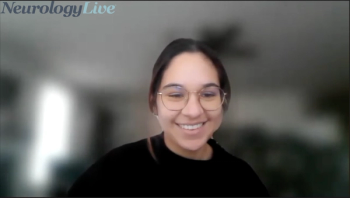
The research project manager at the TSC Alliance provided additional clarity into a new study presented at AES 2023 assessing the links between TSC-associated neuropsychiatric disorders and seizure duration. [WATCH TIME: 4 minutes]

Here's some of what is coming soon to NeurologyLive® this week.
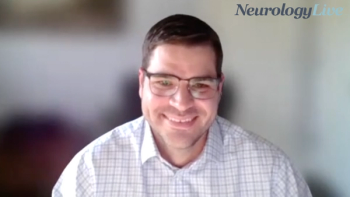
A Real-World Look at the Prolonged Efficacy of Fenfluramine in Dravet Syndrome: Derek Ems, MPH, CPHQ
The health economics outcomes research specialist at UCB talked about a retrospective analysis assessing the persistence of fenfluramine (Fintepla) in Dravet syndrome over 12 months, compared with valproate and levetiracetam. [WATCH TIME: 4 minutes]

Test your neurology knowledge with NeurologyLive®'s weekly quiz series, featuring questions on a variety of clinical and historical neurology topics. This week's topic is ataxia.
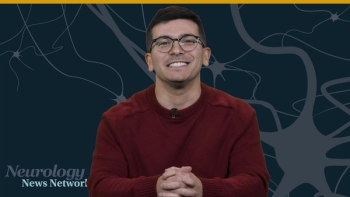
Neurology News Network for the week ending December 9, 2023. [WATCH TIME: 3 minutes]

Take 5 minutes to catch up on NeurologyLive®'s highlights from the week ending December 8, 2023.
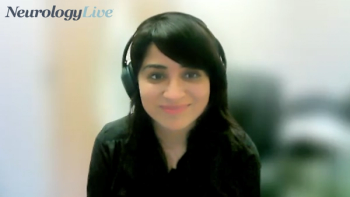
The assistant professor of neurology at the University of Virginia talked about findings from a comprehensive study on epilepsy and mild cognitive impairment, which was recently presented at AES 2023. [WATCH TIME: 5 minutes]

Catch up on any of the neurology news headlines you may have missed over the course of November 2023, compiled all into one place by the NeurologyLive® team.
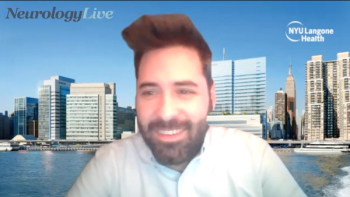
The research scientist at NYU Langone Health talked about findings from preclinical data investigating epileptiform activity in mouse models of Alzheimer disease, which were presented at AES 2023. [WATCH TIME: 4 minutes]

Over a 32-week treatment period, patients on trofinetide continued to show improvements on the primary efficacy outcomes of Rett Syndrome Behavior Questionnaire and Clinical Global Impression-Improvement total scores.
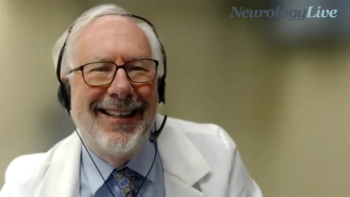
The professor of neurology at Johns Hopkins University School of Medicine talked about the need for education to optimize treatment selection and the continually changing landscape of care for patients with epilepsy. [WATCH TIME: 5 minutes]




